A Powerful Reminder to Be Prepared
The 2025 Atlantic hurricane season officially began on June 1st, and Mother Nature wasted no time sending a message. South Florida saw heavy thunderstorms, damaging winds, and widespread rainfall during the very first day.
This active start highlights why early preparation—including documenting the condition of your home—is essential for homeowners looking to protect both their property and potential insurance claims.
A powerful storm slams into South Florida on day one of Hurricane Season, bringing property damage to Broward County.
On opening day, a surge of tropical moisture brought severe weather across Broward County, including the city of Margate, where strong winds caused property damage near Royal Palm and Rock Island. Radar estimates showed gusts of up to 70 mph around 63rd Avenue, with more rain expected through early Wednesday and totals ranging from 2 to 6 inches.
Insurance Tip of the Season: Use Photos and Videos to Protect Your Claim
The Proof That Could Save Your Insurance Payout
One of the best ways to protect yourself during hurricane season is to photograph and take videos of your home now—before a storm hits. These time-stamped images and videos become critical evidence if your property is damaged later in the season.
Why does this matter? Because insurers often argue that damage is pre-existing or unrelated to the storm. With visual proof, you can strengthen your claim and help avoid being unfairly denied or underpaid.
How Gelber Law Group Helps You After the Storm
Fighting for Florida Homeowners
After a hurricane or severe weather event, insurance companies often delay, underpay, or deny claims altogether. That’s where we come in.
At Gelber Law Group, we help Florida homeowners and business owners take on the insurance companies and fight for the full compensation you deserve. Here are some storm claims we can help with:
- Roof and wind damage
- Water or flood damage
- Broken windows
- Structural issues
- Hurricane damage
You’ve paid your premiums—now let us fight to make sure your insurer holds up their end of the deal.
How to start your claim with confidence?
Step 1: Free Claim Review
Our team will review your policy, inspect your damages, and evaluate the strength of your claim.
Step 2: We Fight for You
We handle the paperwork, push back on lowball offers, and negotiate aggressively with your insurer with the goal of getting you the highest payout.
Step 3: Litigation if Needed
If the insurance company still refuses to do the right thing, we’re ready to take your case to court—and we don’t get paid unless you win.
Need Help? Gelber Law Group Is Here for You
Gelber Law Group’s Hurricane Damage Lawyersare ready to advocate for homeowners across Florida. Whether you’ve already dealt with a lowball offer or claim denial or you want to start your claim with us, we’re the legal team you want on your side.
Fill out our contact form, or call us at 954-320-0100.
Hurricane Property Claims: Frequently Asked Questions
What if I don’t have pre-storm photos of my home?
While pre-storm images are helpful, we can still build a strong claim using other documentation. But taking photos now gives you a stronger position if you ever need to file an insurance claim.
How soon should I file a claim after storm damage?
Immediately. Florida law gives you one year to file hurricane damage claims—but delays can weaken your case. Contact us as soon as possible.
Can I get reimbursed if I have to move out of my home?
Most likely, yes, if you have a valid claim, but every policy is different. Most homeowners’ policies include coverage for Additional Living Expenses (ALE), which pays for hotels, meals, and temporary housing during repairs if your property becomes unlivable.
What if my insurer says the damage is unrelated to the hurricane?
This is a common denial tactic that we’ve faced in the past and we know how to fight against it.
What should I do if the insurance offer seems too low?
Don’t accept it until you speak with a property insurance lawyer. We evaluate offers and often uncover overlooked damages and undervalued repair costs.
